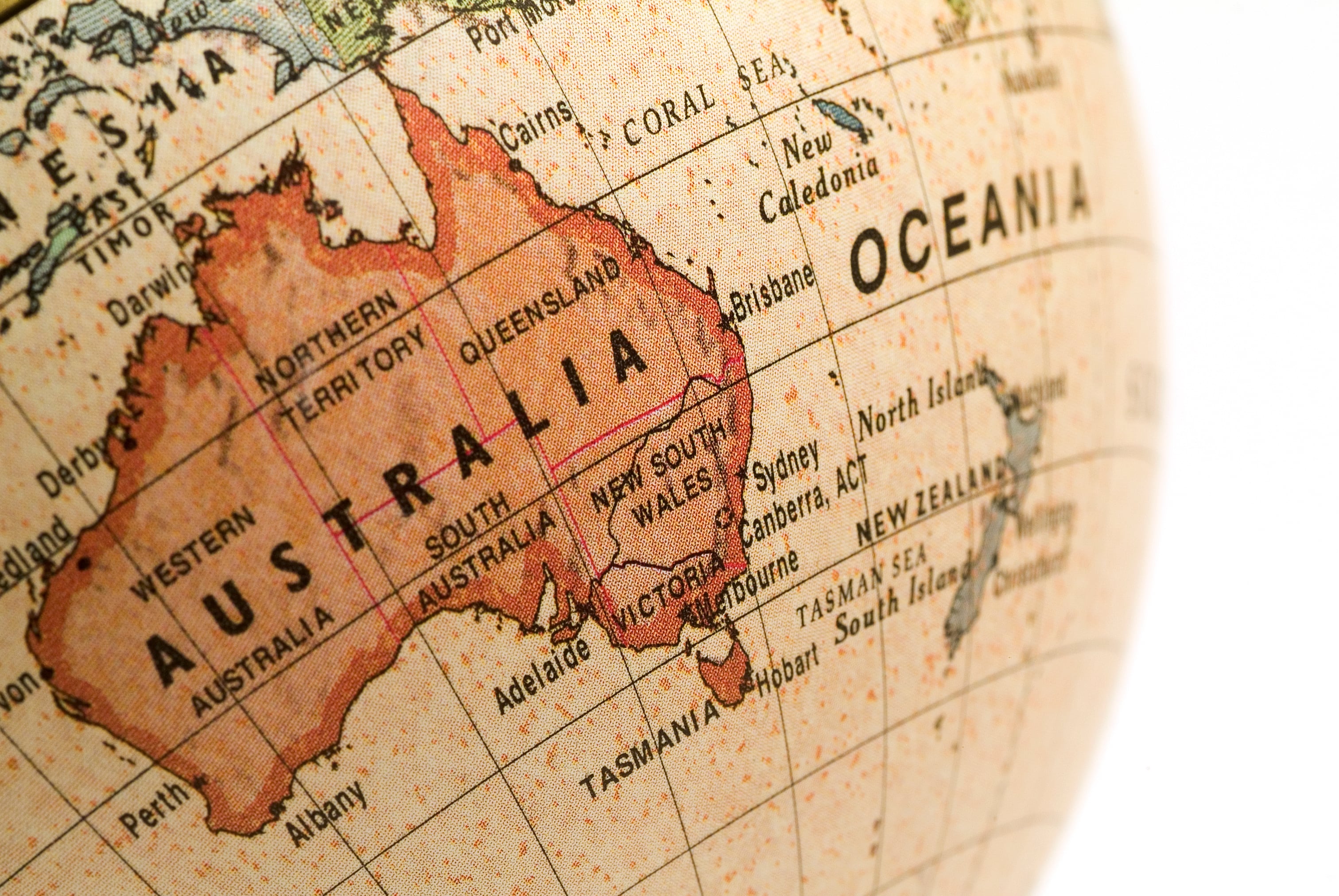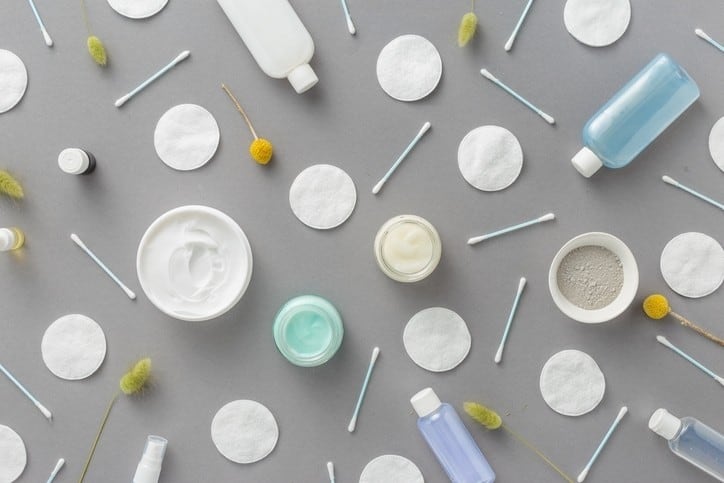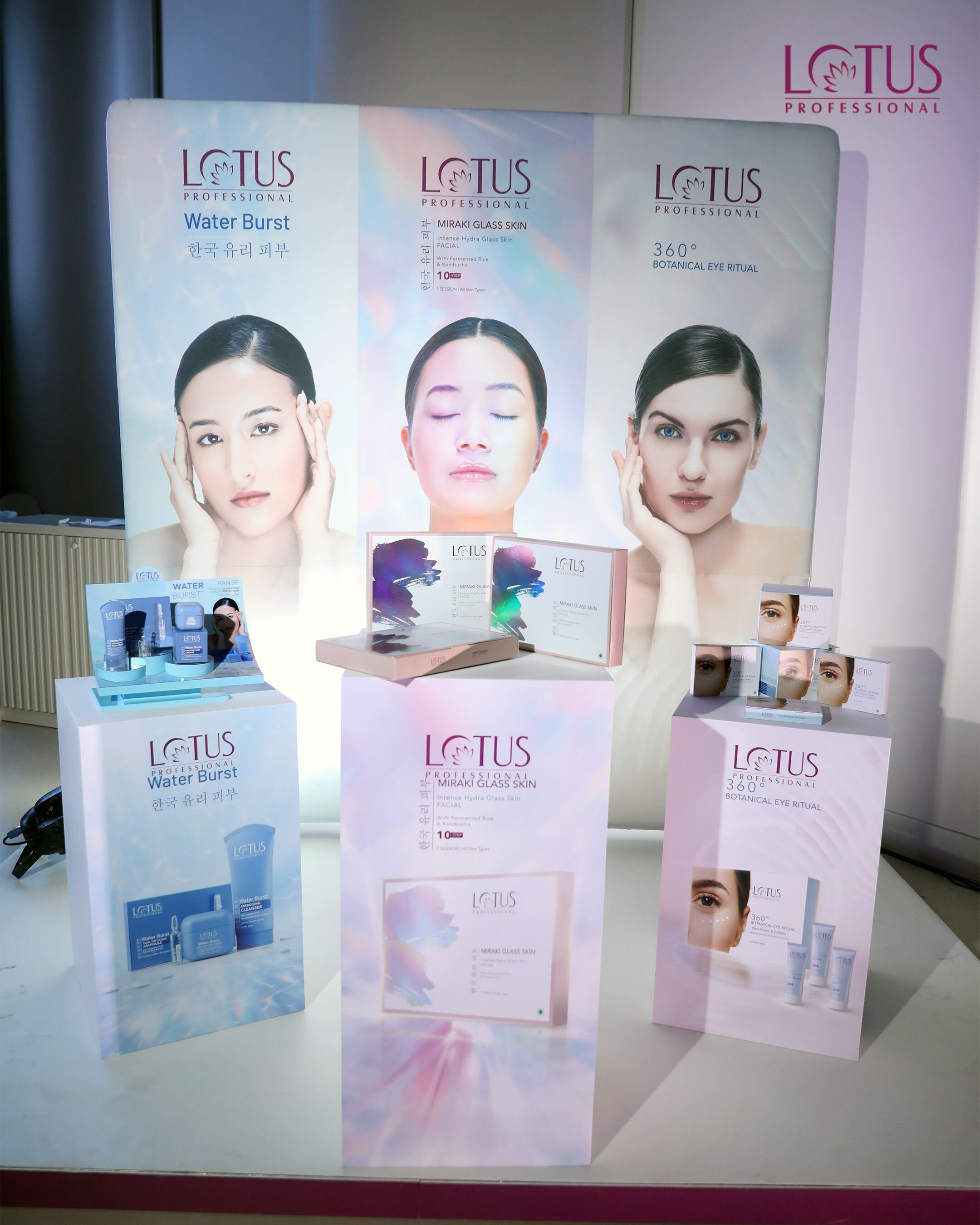New Zealand to overhaul cosmetic rules, expands scope to hazardous ingredients
New Zealand’s Environmental Protection Authority (EPA) has confirmed an overhaul of its Cosmetic Products Group Standard, with first changes to take effect on January 1, 2026.
The rulebook tightens ingredient controls, expands the scope to capture any product that contains a hazardous ingredient, and phases out PFAS.
Based on EPA’s statement, the sell-through of non-compliant stock is allowed only until January 1, 2027, and disposal is expected by July 1, 2027.
PFAS products face a longer but decisive countdown. “No import or manufacture” applies from January 1, 2027, while “no sale” follows on January 1, 2028, and disposal is mandatory by July 1, 2028.
Sunscreen scandal: TGA conducts ‘comprehensive review’ after report exposes overclaimed SPFs
Australia’s Therapeutic Goods Administration (TGA) is conducting in-depth investigations into sunscreens, after a recent report published by consumer advocacy group CHOICE in June exposed multiple products that did not meet their claimed SPF levels.
TGA first announced in August that Grace & Fire Pty Ltd, parent company of Ultra Violette, is recalling all batches of the brand’s Lean Screen SPF 50+ sunscreen due to inconsistency in SPF levels.
The authority is also investigating other sunscreens that did not support their claimed SPF ratings as demonstrated in the CHOICE report, and reviewing sunscreens in the Australian Register of Therapeutic Goods (ARTG) that may have similar formulas as Lean Screen.
AyurScience seeks to drive wider awareness and uptake of Ayurvedic skin care in Australia
AyurScience aims to raise awareness and uptake of Ayurvedic skin care in Australia through various marketing campaigns and strategic partnerships.
While Ayurveda is increasingly showing up in the Australian wellness market, the incorporation of Ayurvedic principles and medicinal herbs into skin care is still quite uncommon in terms of mainstream, widespread adoption, said Rajesh Thakorlal, director of AyurScience.
He considers consumer education, building trust, making products and information accessible, and adapting cultural relevance to be key for building awareness.
From pre-ink to restoration: SKINGRAPHICA launches luxury line for tattooed skin
Australian brand SKINGRAPHICA has launched a range of products that covers care for the entire cycle of tattooed skin, from pre-ink to colour restoration.
It claims to be the first luxury skin care line specifically for tattooed skin, having developed formulations using a custom-built AI engine trained on skin science, biochemistry, and tattoo ink behaviour, with human formulators completing the final products.
With 6.6m Australians having tattoos and 39% of Gen Zs having one, the brand seeks to meet a “clear customer need that has been ignored by major beauty retailers”.
Serious bees-ness: Honey Biotics to expand Manuka honey-based skin care range
Honey Biotics started in 2009 with its hero product Intense Moisturiser, which was designed as a non-steroid repair balm powered by UMF15+ Manuka honey to provide relief for compromised skin.
It is now working on extending the range into everyday essentials with the same therapeutic strength. For instance, a Manuka Body Wash and Lip Balm are currently in development, while the brand is also exploring solutions for more specific concerns like scalp psoriasis.
The pipeline is aimed at making high-performance, natural products accessible for everyone, be it daily care or targeted treatment.





